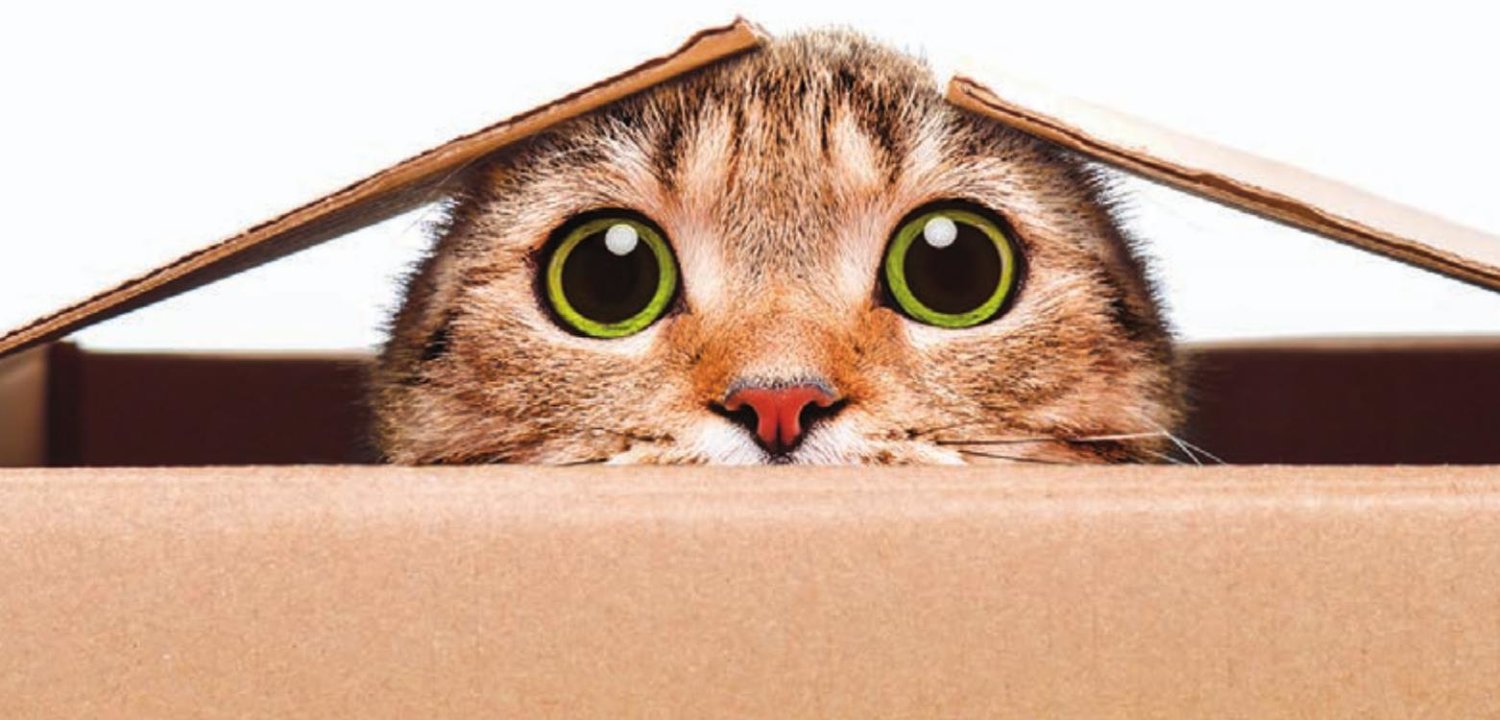Pets may be at risk for corona virus
Editor’s note: The information in this article was current as of April 14. Health officials are still learning about the virus, so it is possible new information may be available. The most current …
This item is available in full to subscribers.
Subscribe to continue reading. Already a subscriber? Sign in
Get 50% of all subscriptions for a limited time. Subscribe today.
Please log in to continueNeed an account?
|
Pets may be at risk for corona virus
Editor’s note: The information in this article was current as of April 14. Health officials are still learning about the virus, so it is possible new information may be available. The most current information will be available at www.avma. org/Coronavirus .
Here’s what we now know about covid-19 in animals.
You probably heard or read that a tiger tested positive for covid-19 in New York City.
7 tigers and lions at the Bronx Zoo appear to have been infected by an asymptomatic zoo employee who was actively shedding the virus.
This marked the first known animal case of covid-19 in the United States and the first in a tiger.
There have since been 2 pet dogs and a cat overseas that have tested positive.
The lions and tigers first started showing respiratory illness symptoms March 27. Only 1 tiger was tested because it takes general anesthesia to collect the samples from the nose and mouth in the big cats.
The infected cats are doing well and are expected to make a full recovery.
Currently no other animals at the zoo are showing any respiratory illness.
It is possible cats may be more susceptible to the infection than dogs. There is still no evidence that pets can transmit covid-19 to people.
There is no reason to give up your pet. Most pets that have tested positive have had no clinical signs.
If you have tested positive for covid-19:
• Restrict contact with pets and other animals, just as you would with other people.
• When possible, have someone else take care of feeding and otherwise caring for your pet.
• If you have a service animal or you must care for your pet yourself, wear a cloth facemask.
• Don’t share food, kiss or hug them.
• Wash your hands before and after any contact with them.
Pet owners who are not ill with covid-19 can interact with their pets as normal and should continue to practice good hygiene:
• Wash hands before and after interacting with your pet, including when handling food, supplies, and waste.
• Ensure your pet is kept clean.
• Regularly wash your pet’s food and water bowls, bedding material, and toys.
If you think your pet has the virus, call your veterinarian. Make sure to tell your veterinarian if your animal was exposed to a person sick with covid-19, and if your pet is showing any signs of illness.
If your veterinarian believes an animal should be tested, he or she will contact state animal health officials. They will work with public and animal health officials to decide if your pet should be tested.
Other items that may interest you










Comments
No comments on this item Please log in to comment by clicking here